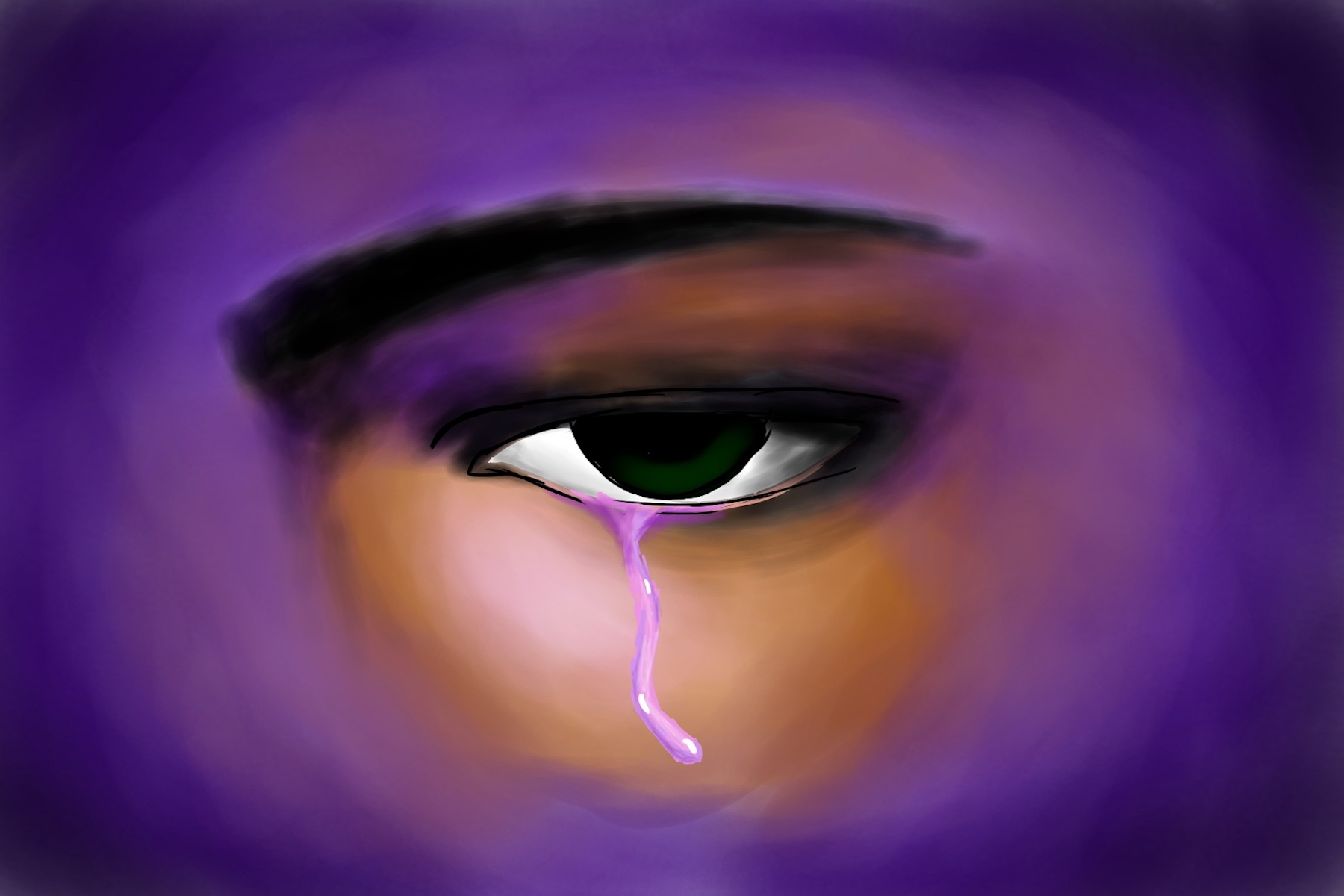Based solely on the trailer, one might label “Euphoria” as just another teen drama. However, this would be a mistake. The HBO series might be based around the lives of high school students, but the first few episodes reveal that the creators are taking their stories in a much more adult direction.
It’s almost as if the writers were on a mission to shove as many forms of trauma into one show as possible. Some dark material should be expected when considering that the show’s main character is a drug addict; however, Zendaya’s Rue is not the only one with problems. Each and every character seems to have their own unique source of trauma, leaving the show brilliantly dramatic, but in serious need of a trigger warning.
For example, the first episode almost immediately plays a clip of the second plane crashing into the World Trade Center on September 11, 2001. And this is just how Rue describes coming into the world. “I was born three days after 9/11,” she states somberly after describing her birth as a lost battle against her mother’s cervix.
The clip is not the only time the show casually throws around serious issues like they are nothing. As Rue continues to detail her childhood, audiences are faced with a kid dealing with numerous mental health problems, such as OCD, ADD, bipolar disorder and general anxiety, as well as body image issues, cyberbullying and the death of a parent from cancer. Her story is a strange cocktail of darkness that would be hard to surpass. However, that didn’t stop the “Euphoria” creators from trying.
Each character has their own source of deep-seated distress. Rue’s best friend, Jules (Hunter Schafer), had to quickly move to a new town with her father after her parents’ messy divorce. On one of her first nights, she experiences sexual violence during a hookup.
Kat (Barbie Ferreira) is pressured into having sex at a party and is filmed without her permission. Cassie (Sydney Sweeney) has a similar experience when a social media account full of her nude photos goes around, as well as a difficult mother-daughter relationship. Even Nate (Jacob Elordi), the definition of the ultra-masculine, violent jock that we all love to hate, has a porn-addicted, adulterous, emotionally-abusive father.
What really makes the show disturbing, however, is the images. The director does an amazing job of portraying these terrifying, beautiful pictures that have both a mesmerizing and sickening effect on viewers. Rue and Jules cry glitter while tripping on psychedelics. The hallway spins around Rue after she snorts cocaine, forcing her to crawl on the ceiling. Kat swigs liquor from a bottle in front of the blue glow of a fish tank. The show does an incredible job of recreating these intense (and usually substance-driven) moments with extreme detail, making viewers feel like they are there, like they’re experiencing it, even if they themselves have never done drugs.
Perhaps the most intense image, though, is not one where the characters are on drugs. Within just the first few minutes, we watch in horror as Rue’s little sister, Gia (Storm Reid), finds her twitching in a puddle of her own vomit after overdosing. It’s one of the most terrifying situations one can be in, seeing a loved one near death as a child, and “Euphoria” presents it so casually, moving on almost immediately.
The shock value this adds to the show is what really takes “Euphoria” out of the realm of teen drama and into the realm of adulthood (plus the nudity, language, violence and drug use, of course). “Euphoria” knows its audience. It knows that the high school story has come into the mainstream and is no longer meant solely for 16-year-old girls painting their nails and gossiping their lives away.
“Euphoria” is meant for young adults that like high school drama, but are aware that the real world isn’t so picture-perfect. It acknowledges that even teen life can be full of adult struggles, but is sure to properly label its content as mature and warn viewers about what will be shown so that children too young to understand it won’t be influenced negatively. To put it simply, “Euphoria” is an adult show set in a teenage world.
The level of darkness “Euphoria” brings to the table has led to comparisons with typical teen dramas like Netflix’s “13 Reasons Why.” However, there are two important aspects of “Euphoria” that make it better than “13 Reasons Why.”
First, while “13 Reasons Why” is directed at the average teenager, “Euphoria” knows its themes are too mature for a TV-14 rating. “Euphoria” does not target young people because it knows that it could have a bad influence on them. On the other side of things, “13 Reasons Why” romanticizes suicide in front of children with reckless abandon.
Second, “Euphoria” is written by Sam Levinson, who was an addict himself. Because of his personal experience, Levinson is able to craft an accurate, respectful retelling of the issues played out on the show. The novel “13 Reasons Why” is based on was written by Jay Asher, a middle-aged man who has never experienced what it’s like to be a suicidal teenage girl. He does not have the same ability and authority as Levinson to accurately narrate the struggle his characters are going through.
Through the images it utilizes, the shock value it employs and the differences it has from typical teen dramas like “13 Reasons Why,” “Euphoria” successfully pushes itself and the teen drama genre out of adolescence and into the harsh world of adulthood. No longer can anyone say a show centered around teens must be mundane or superficial, because “Euphoria” is there to prove them wrong. It is a stellar piece of cinematic work with phenomenal acting, creative writing and gorgeous directing that will help to push the growing medium of television into an even more compelling art form.
















